Plants that are poisonous for cats to eat and ingest are real. What people generally don’t know, however, is that there are a number of things in the home or around their environment that can be harmful to cats. The purpose of this blog post is to inform readers of what these plants are so they can better protect their feline friends from accidental ingestion and exposure. In order to do this, we will go over some plants that are poisonous for cats found in most homes and gardens, as well as how those plants affect the body when ingested by a cat.
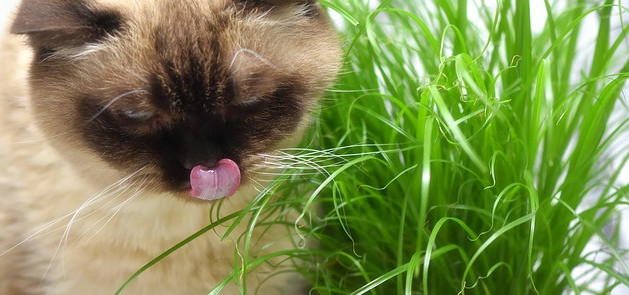
You may not realize that there are some very common household and garden plants that are unsafe for cats to ingest. The consumption of these plants by your cat can cause stomach pain- gastrointestinal upset and vomiting.
When I first started to take care of my cat, I had no idea that plants could be toxic to cats.
This slowly dawned on me as I noticed that my cat loved to chew on ornamental grass in the garden. I started to wonder if this wasn’t agreeing with his system.
(Just in case you are wondering, that grass is no longer in our garden).
Although this was in an outdoor garden, many people of course have ornamental and decorative planting around their house. These plants can go unnoticed as toxic to your pet, so make sure to do some research before bringing the outdoors inside.
Especially, check out the toxicity of your plants if your cat is one to chew on anything and everything! Or, alternatively, if your cat has already chosen a favorite plant to consume regularly, do some research to make sure it is a safe plant.
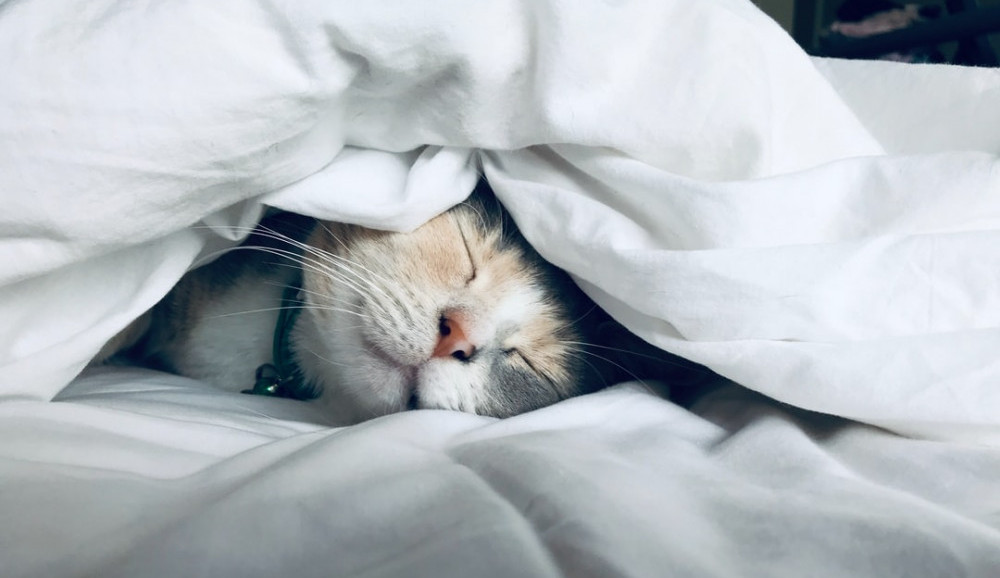
If your cat shows signs of poisoning, quickly call your veterinarian or a hot line designated for animal poisoning.
You can search for these online, or you can use the number provided by the ASPCA.
For example, you can call the APCC 24-hour emergency poison hot line at 1-888-426-4435 hosted by the ASPCA (American Society for the Prevention of Cruelty to Animals).
For a longer list of the most plants most commonly reported to be toxic with pictures, see the list put on by the ASPCA.
Please note, as they have, that this list is very comprehensive, but not complete. These are the most commonly reported toxic plants.
Menu page:
https://www.aspca.org/pet-care/animal-poison-control/toxic-and-non-toxic-plants
Printable list of toxic plants for cats:
https://www.aspca.org/pet-care/animal-poison-control/cats-plant-list
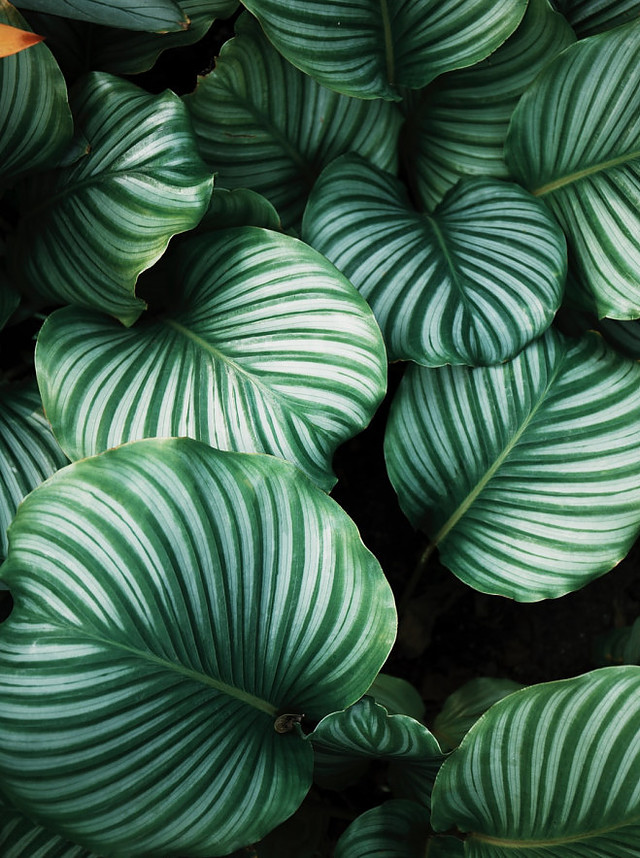
According to thespruce, common cuprits are:
As listed by hillspet, prevalent toxic plants are:
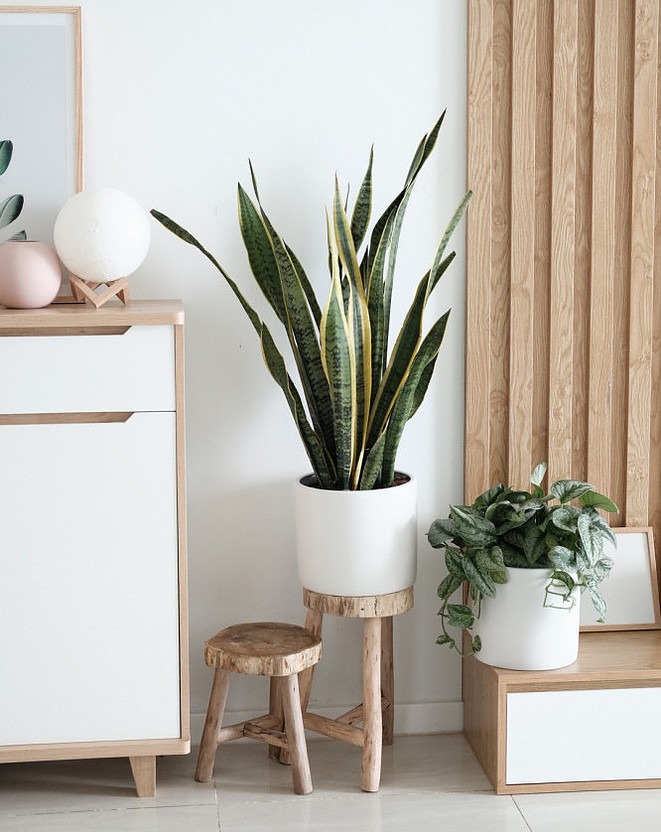
These plants can be found in any room of your home, and, of course, outside in your garden or on your porch/deck.
If you have one or more of these toxic plants, consider cat-proofing them by putting them on high shelves and placing heavy objects on top of the plants.
Be forewarned that sometimes what you may think is high enough to be out of your cat’s reach may actually not be! Cats usually surprise us with how high they can jump and climb.
Or, sadly, you may have to consider removing the plant or plants in question completely from your home or yard or giving them away for the sake of your cat.
Your cat will thank you for it 🙂
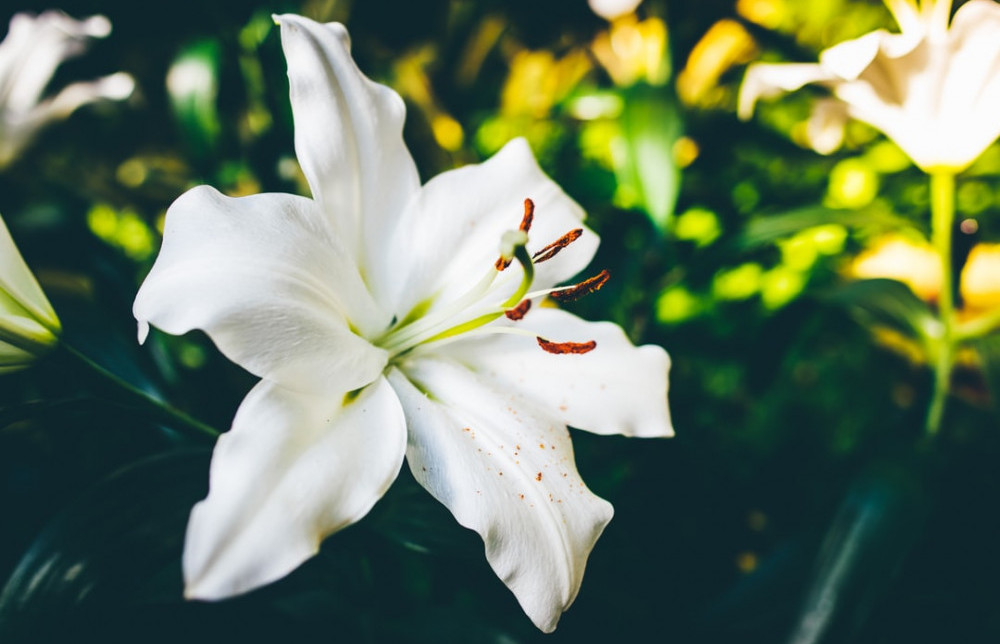
Lilies can cause severe or fatal kidney failure!
Yet I bet many of us have had a potted lily or a bouquet with lilies around the house, without thinking about it.
One bechewy article recounts how a cat ingested a lily, and as a result, had to be hospitalized.
Because the cat owner had called in right away, the cat was able to recover.
Intravenous fluids and supportive care were given to the cat to restore kidney function just in time, as reported by the cat’s doctor, Dr. Osbourne.
Who doesn’t love to plant spring flowers in their garden, or buy spring flowers as potted plants when winter shows signs of ending? However, this list starts with very common spirng plants most of us own or have owned.
Tulip And Hyacinth
Tulips (Tulipa spp.) and hyacinths (Hyacinthus orientalis) are both a part of the Liliaceae family, which also includes the deadly lily species.
Parts of the plants and flowers contain dangerous compounds; their toxicity is the most concentrated in the bulbs!

Narcissus- Including Daffodils
Most plants that fall into the genus Narcissus, including daffodils (also called jonquil, paperwhite, or Narcissus), are flowering spring perennials and are to be treated with extreme caution; all parts of the plant contain the poisonous agent lycorine, but again, the bulbs are the most toxic.
Azaleas And Rhododendrons
Who doesn’t have one of these in their garden?
Azaleas and rhododendrons are related species of flowering shrubs and small trees that are toxic to cats. There are more than 1,000 species in this family of plants, and the degree of toxicity varies from moderate to severe, according to the Pet Poison Helpline.
All parts of the plant are toxic and a cat can become poisoned by ingesting a tiny amount of the plant.
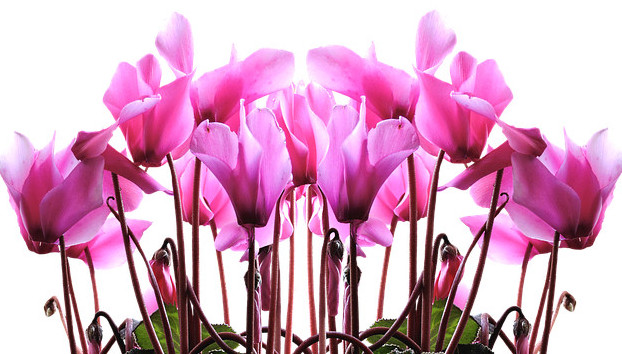
Other plants you will recognize:
Cyclamen, also known as Persian violet and sowbread.
Dieffenbachia, known as charming dieffenbachia, dumb cane, exotica perfection, giant dumb cane, gold dieffenbachia, spotted dumb cane, tropic snow, and variable dieffenbachia, is malignant.
The Kalanchoe houseplant, also known as the mother-in-law plant, devil’s backbone, mother-of-millions, and chandelier plant, is unsafe for cats.
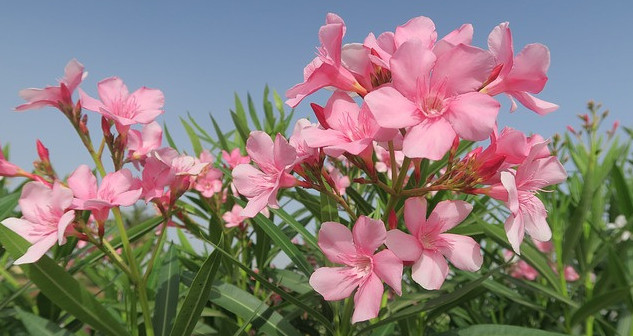
Oleander (Nerium oleander), also known as Nerium oleander, white oleander, and Rose-Bay, is a popular outdoor flowering shrub found in warm regions of the world.
Sago palm (Cycas revoluta), also known as coontie palm, cardboard palm, cycads, and zamias, is a common plant found outdoors in tropical/subtropical areas. Certain sago palms are also kept as houseplants. All parts of the sago palm plant are toxic- the seeds are the deadliest.
To help you research your plants, see the following lists. If you are unsure of the name, consult the pictures:
https://pethelpful.com/cats/Houseplants-Poisonous-to-your-Cats
https://www.cheatsheet.com/culture/most-toxic-houseplants-to-avoid-if-you-have-pets.html/
https://be.chewy.com/which-plants-are-poisonous-to-cats-a-complete-guide/

With thanks from The Healthy Pet Club– these are some symptoms of poisoning in your feline, but this list is not exhaustive. These are, rather, common symptoms:
Obviously, if your cat is not themselves, but their symptoms are not listed above, still consult a professional or call a poisoning hotline to make sure everyone is truly at ease and safe.
We hope this blog post has been informative and that you have learned a little bit about how to keep your cat safe from the dangers of poisonous plants. Remember that the most important thing to do is to do research on the plants that are in your home and in your yard (or within the range of kitty). If you are ever in doubt, please consult with your veterinarian or call Animal Poison Control at 1-888-426-4435 for help!
Have poisonous plant wisdom? Please share your gems of knowledge with us below- we would be happy to hear from you about your experiences!
Great educational video on toxic plants:
Thank you for the detailed warning! My aunt moved in with us and brought her beautiful long-haired cat who I absolutely love. And she’s really taken a liking to me too. I also love house plants and being surrounded by green, so this list is very informative for me. English ivy is my favorite so I’ll be sure to wait until the cat is no longer living with us to buy that one. I think most herbs aren’t great either. I know cats are very sensitive to essential oils so I avoid those for now too. Thanks for spreading the word to help protect my favorite furry people 🙂
Hi Nicole, thanks for your response!
It’s too bad English ivy is a toxic one, I agree- it’s very beautiful. Some herbs are okay for cats to be around and chew on every once in a while (but of course, they can’t have large amounts of them).
This article lists some safe and unsafe herbs for cats.
https://leafandpaw.com/2017/11…
Essential oils are one that really surprised me. I’m glad I stumbled upon that one before using them. I easily could have never even thought twice about essential oils!
Have fun with your aunt’s long-haired cat!
Cheers,
Beth
I love this article. As a pet owner, well I am saying pet, but I always consider mine, my baby. I care so much for his health and wellbeing as I can do anything. I completely love and I have to thank you for this, I knew there are some plants that are not good for our furry family members and can also kill. I am always taking care of what and from where is chewing the grass as you have to look for the healthy or not a side of the plant. thank you for the link for poisoning plants and the showbiz cheat sheet, deeply appreciated. Thank you for let me know about the lilies, splendid! Thank you also for the informational video as well as for the descriptive article. Many blessings to you.
Hi Angel, thanks so much for your response! All the best to you and your pet! Glad I could help 🙂
Hi Beth,
Fantastic article! I didn’t realize just how many plants are dangerous for pets. Some of them really surprised me. I appreciate the lists of plants, poison symptoms, and emergency phone numbers you’ve included.
Unfortunately, I cannot have cats in my home due to severe allergies. But as a dog owner, this info is still very important. I think of the preparations one makes when getting a new fur baby (cat or dog)–the long list of supplies, such as food, bowls, toys, blankets, bed, immunizations, collar/license, vet, grooming, and so on. And to be honest, plants in and around home haven’t ever been on my list! Thank you for reminding me to consider the plants my pets should not chew on!
~Tamara
Hi Tamara,
No problem at all! Glad I could help 🙂 The ASPCA also has a detailed list of toxic and non-toxic plants for dogs, if you want to check it out. It is on the same page as the lists for cats, and you can access it through the link in the article.
All the best to you and your fur baby!
It was interesting to see this list. Some of these plants like the Sago Palm grow outside here in Florida. There are plenty of cats roaming around, as they show up on my ring cameras. Would cats normally chew on these plants, or any plants? I only have dogs, so I am a bit unsure. I know my neighbors have a cat, and I certainly wouldn’t want to plant something that might be deadly to them.
Hi Leahrae,
It depends on the cat…some will chew on plants and others have a stronger sense of what is toxic/non-toxic. Here are some articles that talk about why cats chew on plants:
http://www.vetstreet.com/our-p…
https://www.sciencemag.org/new…
Hope this helps!
Beth
I am glad to read this post. It has never crossed my mind about the plants we have being poisonous to our cats. I have several of the plants from outside to inside that you named. We have outdoor cats for our horse barn and indoor cats. I will pay more attention now.
In fact, we had an indoor cat quite a few years ago that we lost to kidney failure. The vet never mentioned or questioned any plants that would have caused it. The only thing he mentioned was not given him well water to drink, but unfortunately, it was too late to save our cat. Their bodies are so fragile. Michelle
Hi Michelle,
I’m sorry to hear about your cat! I hope this article helps you in the future. All the best to you and all of your furry felines!